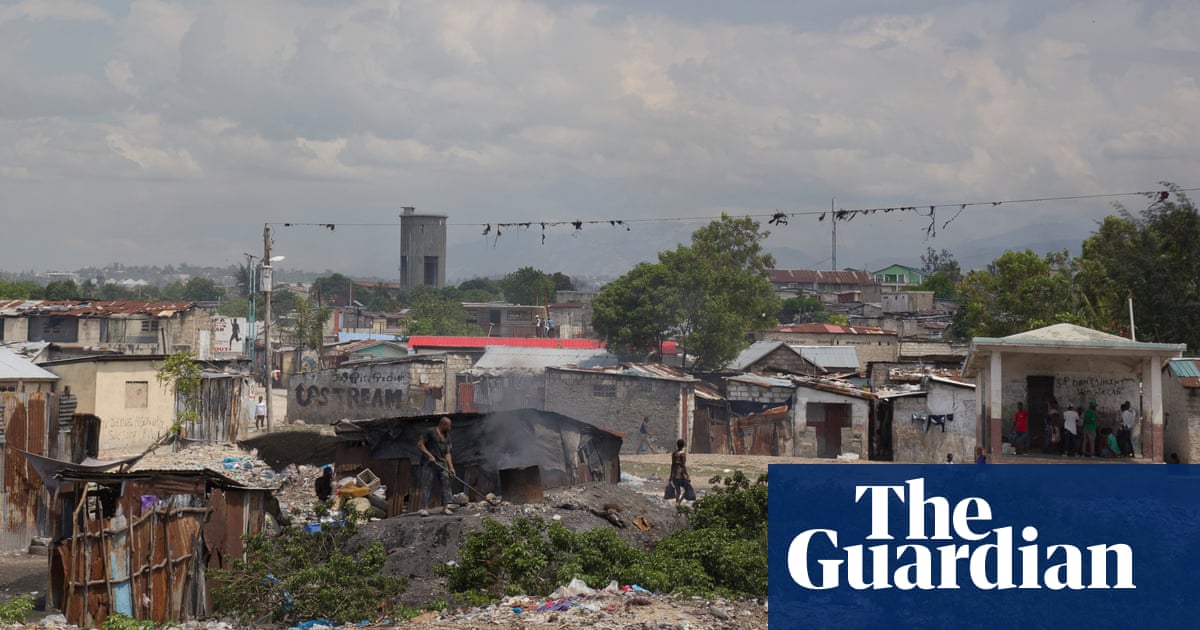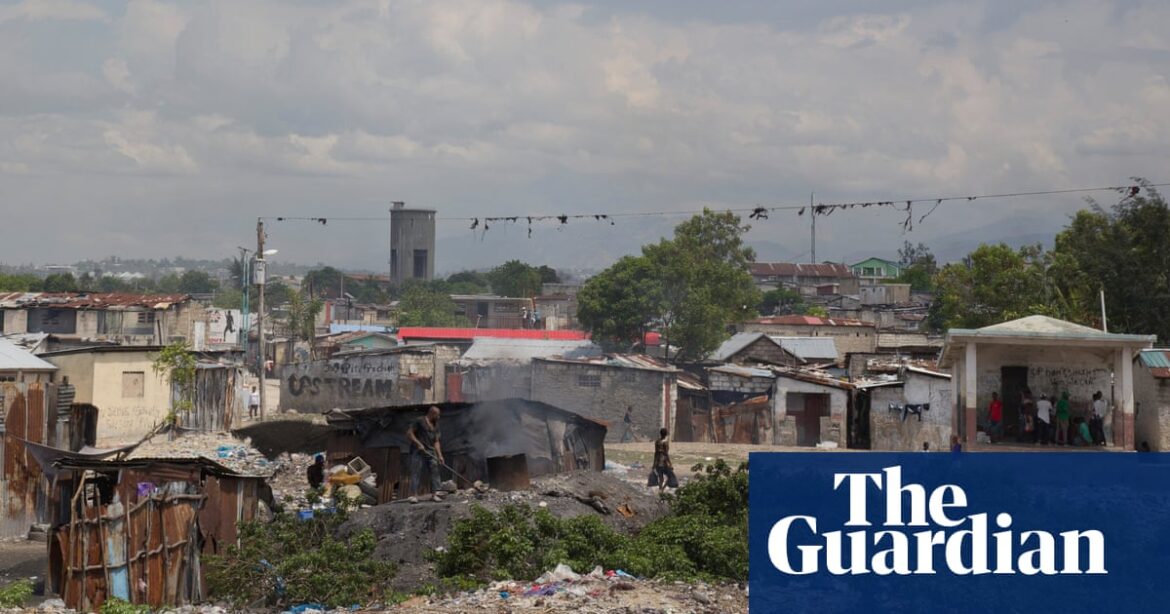
About 200 people were killed in violence in Haiti’s capital over the weekend, many in a massacre in which a gang boss reportedly targeted Vodou practitioners.
The killings of at least 110 people were overseen by a “powerful gang leader” convinced that his son’s illness was caused by followers of the religion, according to the civil organisation the Committee for Peace and Development (CPD).
“He decided to cruelly punish all elderly people and Vodou practitioners who, in his imagination, would be capable of sending a bad spell on his son,” a statement from the Haiti-based group said. “The gang’s soldiers were responsible for identifying victims in their homes to take them to the chief’s stronghold to be executed.”
The UN rights commissioner, Volker Türk, said at least 184 people had died over the weekend. “These latest killings bring the death toll just this year in Haiti to a staggering 5,000 people,” he told reporters in Geneva.
Both the CPD and UN said that the massacre took place in the capital’s western coastal neighbourhood of Cité Soleil.
Haiti has suffered from decades of instability but the situation escalated in February when armed groups launched coordinated attacks in the capital, Port-au-Prince, to overthrow the then prime minister, Ariel Henry.
Gangs control 80% of the city and despite a Kenyan-led police support mission, backed by the US and UN, violence has continued to soar.
The CPD said that most of the victims of violence waged on Friday and Saturday were over 60, but that some young people who tried to rescue others were also among the casualties.
“Reliable sources within the community report that more than a hundred people were massacred, their bodies mutilated and burned in the street,” a statement said.
More than 700,000 people are internally displaced in Haiti, half of them children, according to October figures from the UN’s International Organization for Migration.
Vodou was brought to Haiti by enslaved people from Africa and is a mainstay of the country’s culture. It was banned during French colonial rule and recognised only as an official religion by the government in 2003.
While it incorporates elements of other religious beliefs, including Catholicism, Vodou has been historically attacked by other religions.
Source: theguardian.com



